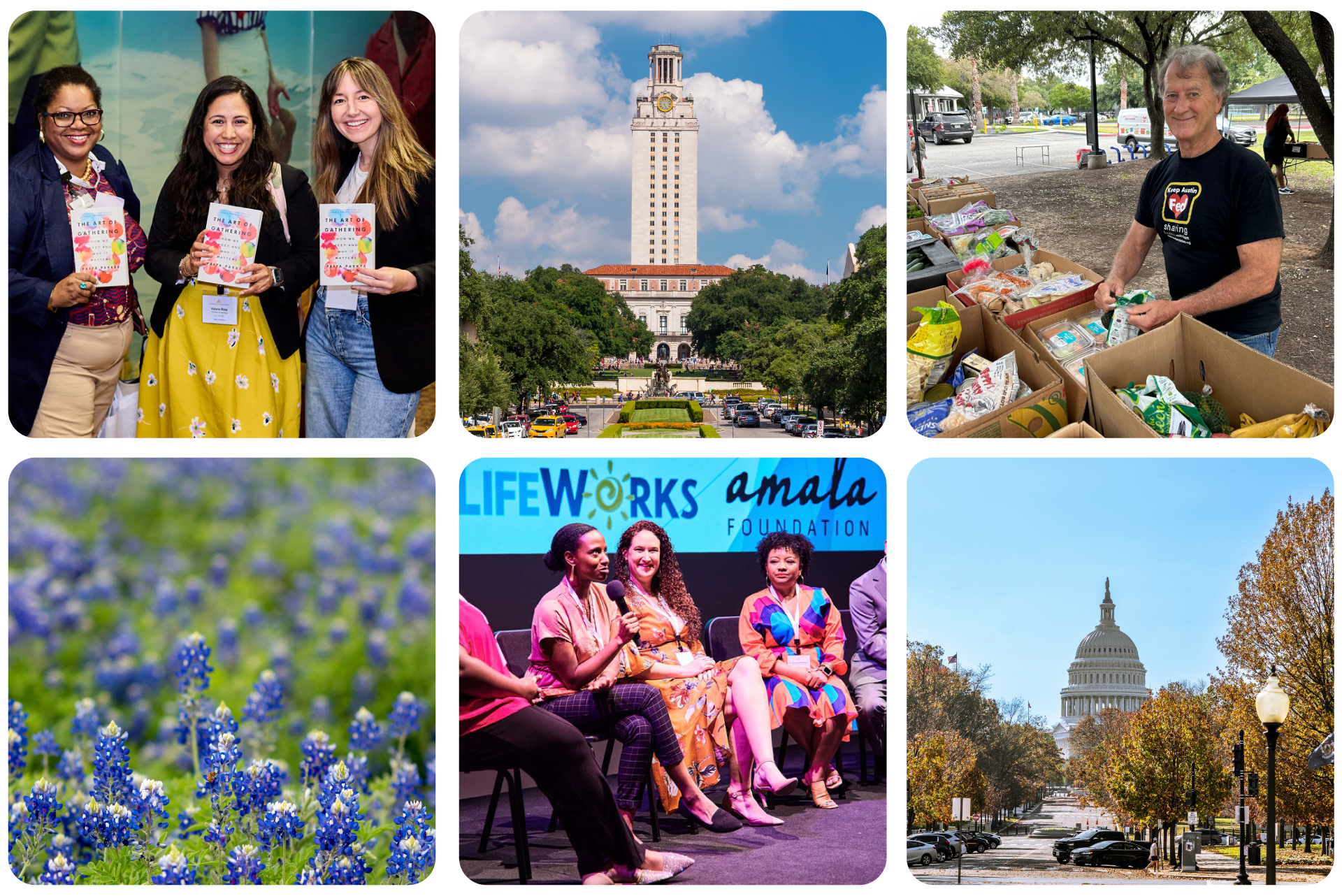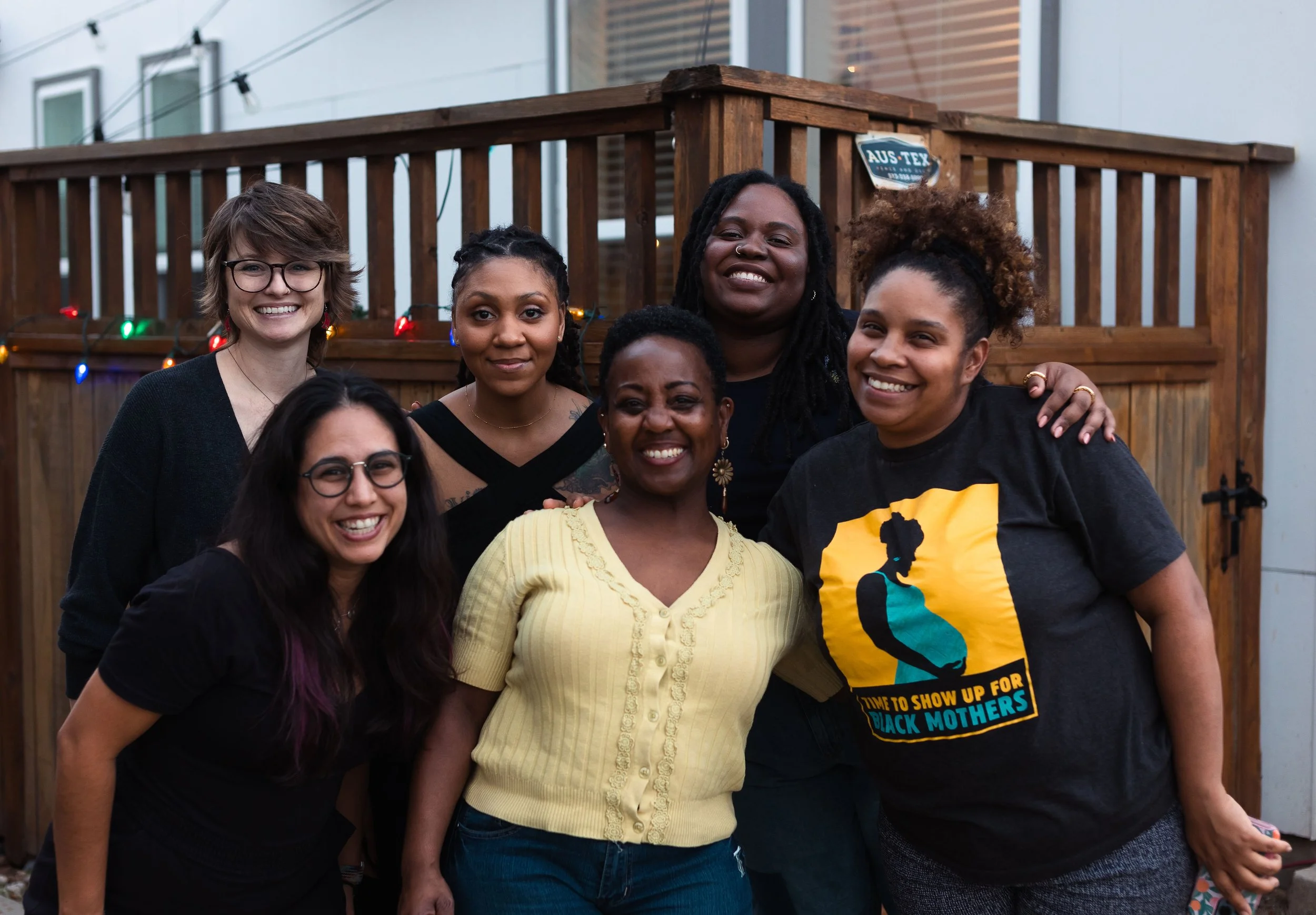Fueling strategic collaboration to strengthen nonprofits across Central Texas.
Central Texas is growing rapidly, but nonprofit capacity and philanthropic investment haven’t kept pace. Many organizations face rising demand, limited resources, and few opportunities to work together.
Austin Together helps close this gap by supporting sustained, strategic partnerships that reduce duplication, strengthen effectiveness, and expand community impact.
Our Mission & What We Do
Austin Together enables sustained collaboration that improves outcomes for everyone in our community. We provide the funding, guidance, and resources organizations need to explore, plan, and implement long-term partnerships using a proven, structured process. We also help cultivate the relationships, trust, and connections that spark meaningful collaboration.
Sustained Collaboration is a path out of short-term thinking and scarcity and into long-term strength and greater impact.
Between one nonprofit + at least one other nonprofit, corporation, or government agency
Has active support of leadership, board & staff as part of a long-term strategic vision
Involves at least one organization operating in Central Texas (five-county area around Austin)
Austin Together provides funding, technical support, and neutral facilitation that enable nonprofits to explore, plan, and implement collaborations. The model is intentionally staged and flexible, meeting organizations where they are in the process.
Grants for Sustained Collaboration Stage 1: Exploration
Organizations explore alignment of mission, values, and goals; identify potential partners; and surface operational or cultural roadblocks.
Stage 2: Planning
Partnerships design the operational, financial, and governance structures required for long-term success. This includes scenario planning, consultant engagement, and legal and risk assessment.
Stage 3: Implementation
Organizations execute the collaboration plan, typically with ongoing consultant and Guide support, and assess progress toward efficiency, impact, and sustainability.
Strengthening the SectorCommunity Education & Engagement
Annual Collaborative Community Summit
A unique convening for 500+ social sector and civic leaders to learn more about collaboration and make connections.
Central Texas Funder Network
A regional initiative bringing philanthropic leaders together around a shared commitment to collaboration and systems-level impact. The Funder Network includes 60 members—foundations, corporate funders, donor-advised funds, and family offices—who are working together to strengthen the nonprofit ecosystem.
Workshops, Events, and Presentations
We regularly share insights on the power of collaboration at conferences and community events, and we lead immersive capacity-building workshops that help nonprofit leaders develop the mindset and skills to pursue meaningful partnerships.
Initiative to Elevate Philanthropy
Building upon the focus of the Central Texas Funder Network, we are now helping to spearhead a multi-phase, collaborative initiative to grow and steward philanthropic collaboration across Central Texas with the goal of increasing major donations to local causes.
“Beyond grant making, Austin Together helps cultivate a regional culture of collaboration by offering workshops, convening,
and cross-sector engagement.”


